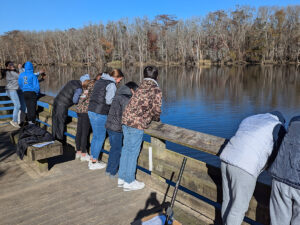News
Action Alert: Say 'No!' to Moriah Energy Center permit
ACTION ALERT, Action Alerts, Environmental, Neuse River Watershed, Sound Rivers, Stormwater Runoff, Water Quality
Posted on July 10th, 2024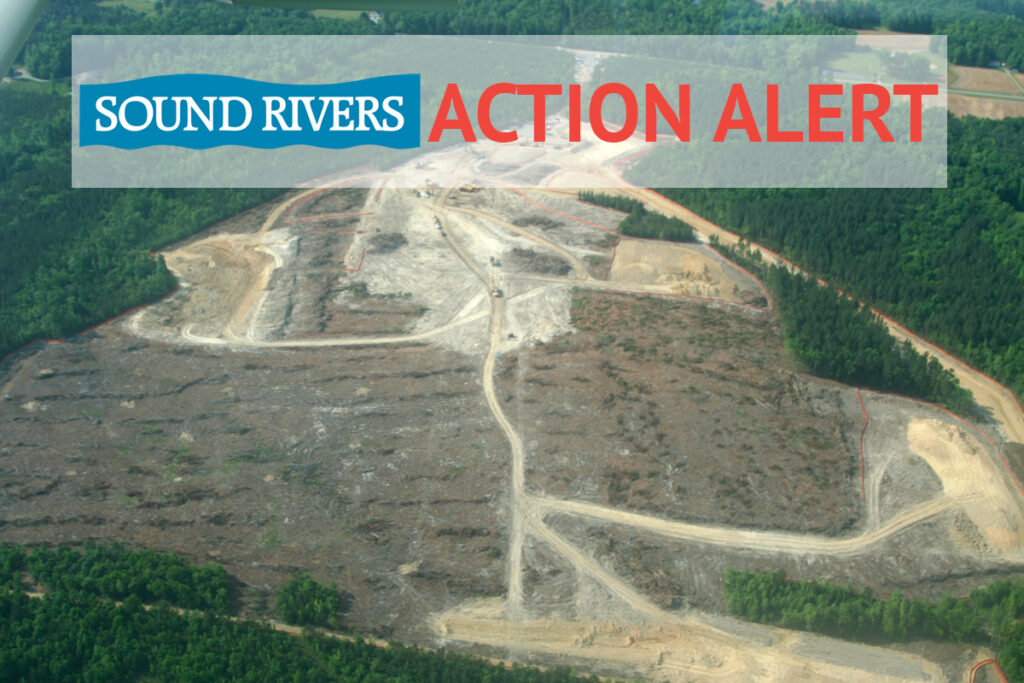
The North Carolina Department of Environmental Quality is seeking input on the Moriah Energy Center’s air quality permit.
“The reason we’re weighing in on this is because Dominion Energy has somehow circumvented the regulatory system, and the only permit NCDEQ is requiring the company to get for this facility is an air quality permit, so it’s essentially our only opportunity to engage,” said Neuse Riverkeeper Samantha Krop.
Dominion Energy’s liquified natural gas facility in Person County has caused controversy from its start, when Person County Commissioners voted unanimously to approve rezoning for its construction before a large and very vocal NOMEC (No Moriah Energy Center) crowd in December of 2023, ignoring requests to have impact studies done before giving the greenlight to the project. (Read more here)
Since, Dominion has clearcut 70 acres of land in its pre-construction phase, resulting in sediment pollution of creeks running off the property and through neighbors’ land, which has been confirmed by NCDEQ.
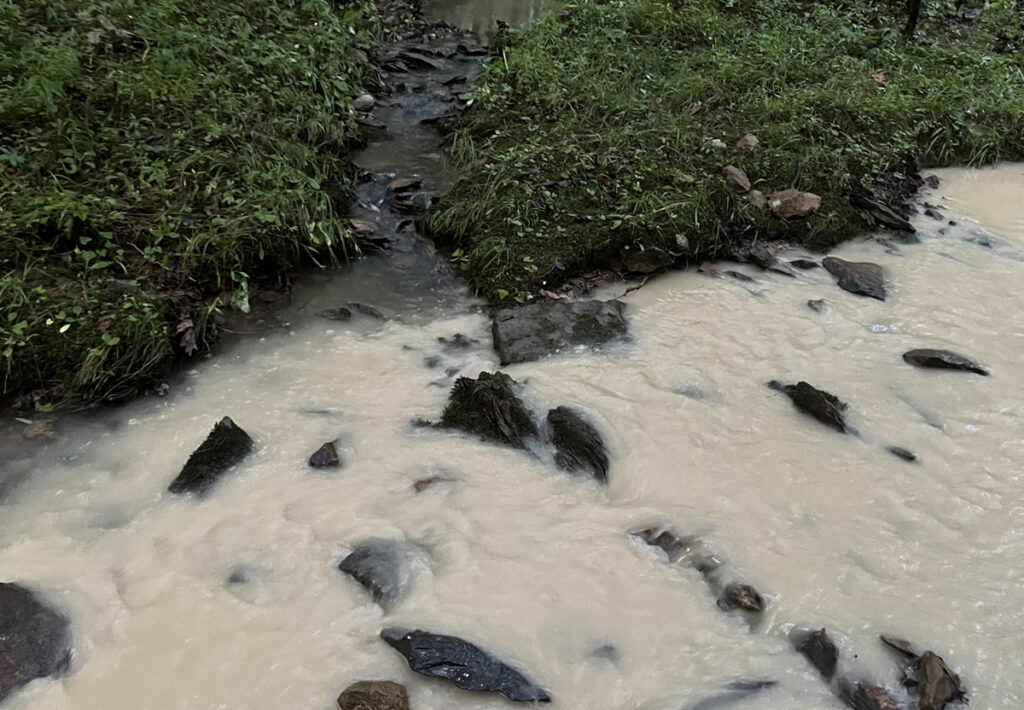
At an open house held by Dominion Energy in May, questions about ongoing sediment pollution and other concerns were met with few answers. (Read more here)
Sound Rivers has teamed up with a coalition of organizations and local organizers living around the proposed project area to air a list of concerns about the facility through the Division of Air Quality’s permitting process, which includes a public hearing scheduled for 6 p.m. on Aug. 1, 2024, at Vance-Granville Community College, Civic Center Auditorium (200 Community College Road, Henderson, NC 27536) and a window, ending Aug. 2, to submit written comments to DAQ.
“We are encouraging the DAQ to deny the permit and require more independent analysis be done to determine potential impacts from this facility,” Samantha said. “We’re also encouraging everyone to attend the meeting and send or call in their comments to the Division of Air Quality.”
More information about the Moriah Energy Center and key air quality messages, compiled by the coalition, can be found by clicking on the dropdown sections below.
Send your comments to Division of Air Quality with Sound Rivers’ Action Alert
Our pre-formatted template allows you to easily send your comments opposing the permit to the DAQ. You can send the draft email as is or add your own comments and/or key air quality messages below. Write your email here!
The Division of Air Quality is also accepting comment via email, phone and mail. Comments on the project can be submitted by email to DAQ.publiccomments@deq.nc.gov with the subject line “Moriah-Energy.23A”; mailed to NCDEQ Division of Air Quality, 1628 Mail Service Center, Raleigh, North Carolina 27699-1628; or by leaving a voicemail at 919-707-8726. Public comments will be accepted until Aug. 2.
Related News
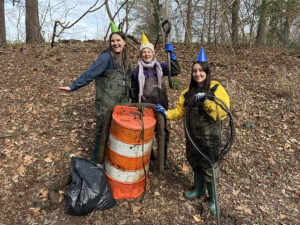
Trash traps get holiday cleanouts!
December 19th 2024
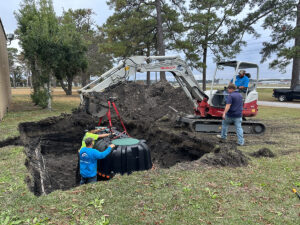
Underground cistern a first for Sound Rivers
December 19th 2024
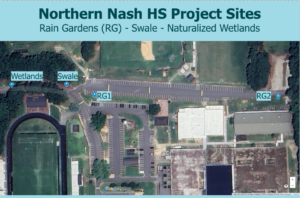
Campus Stormwater takes on Northern Nash
December 19th 2024

It's the holidays (and we like gifts too!)
December 19th 2024
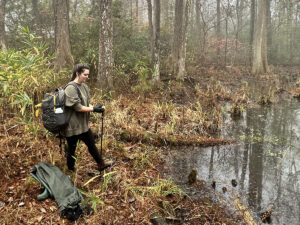
Riverkeeper, specialist seek answers in Slocum swamp
December 19th 2024

Progress on Smithfield pollution problem
December 19th 2024
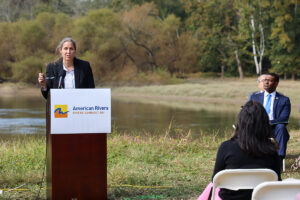
Sound Rivers executive director awarded sabbatical
December 19th 2024
Attorney Marvin Horton on IBP Slaughterhouse
December 18th 2024
